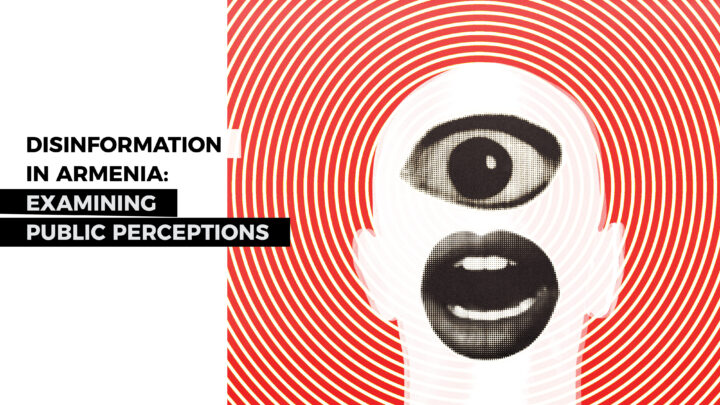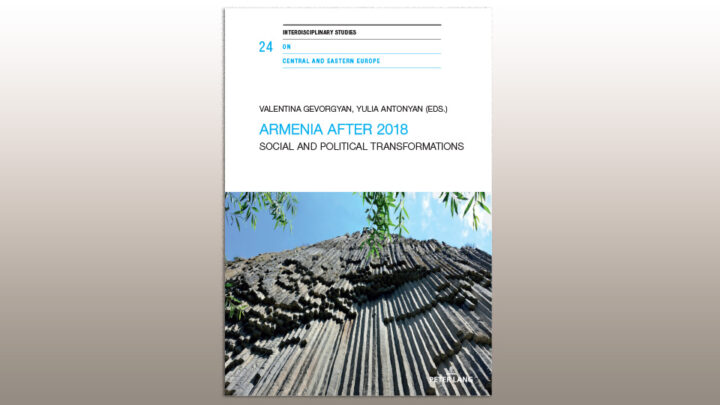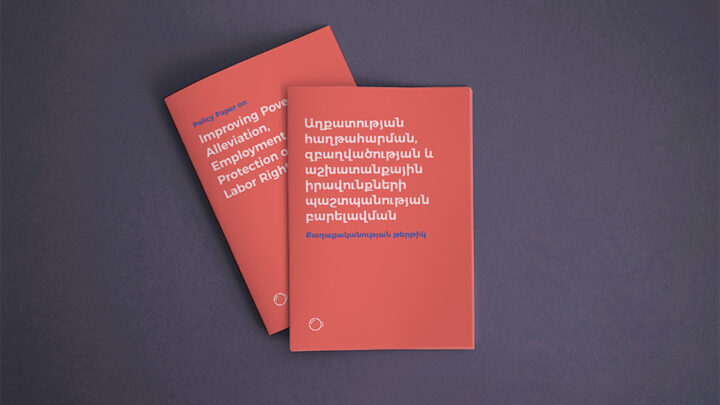
This comprehensive two-phase study enabled us to identify the disinformation narratives prevalent in public discourse and analyze the specific features of public perception and response to them. In the first phase of the research we conducted expert interviews with representatives from the media sector and civil society to identify the disinformation narratives circulating in the...




